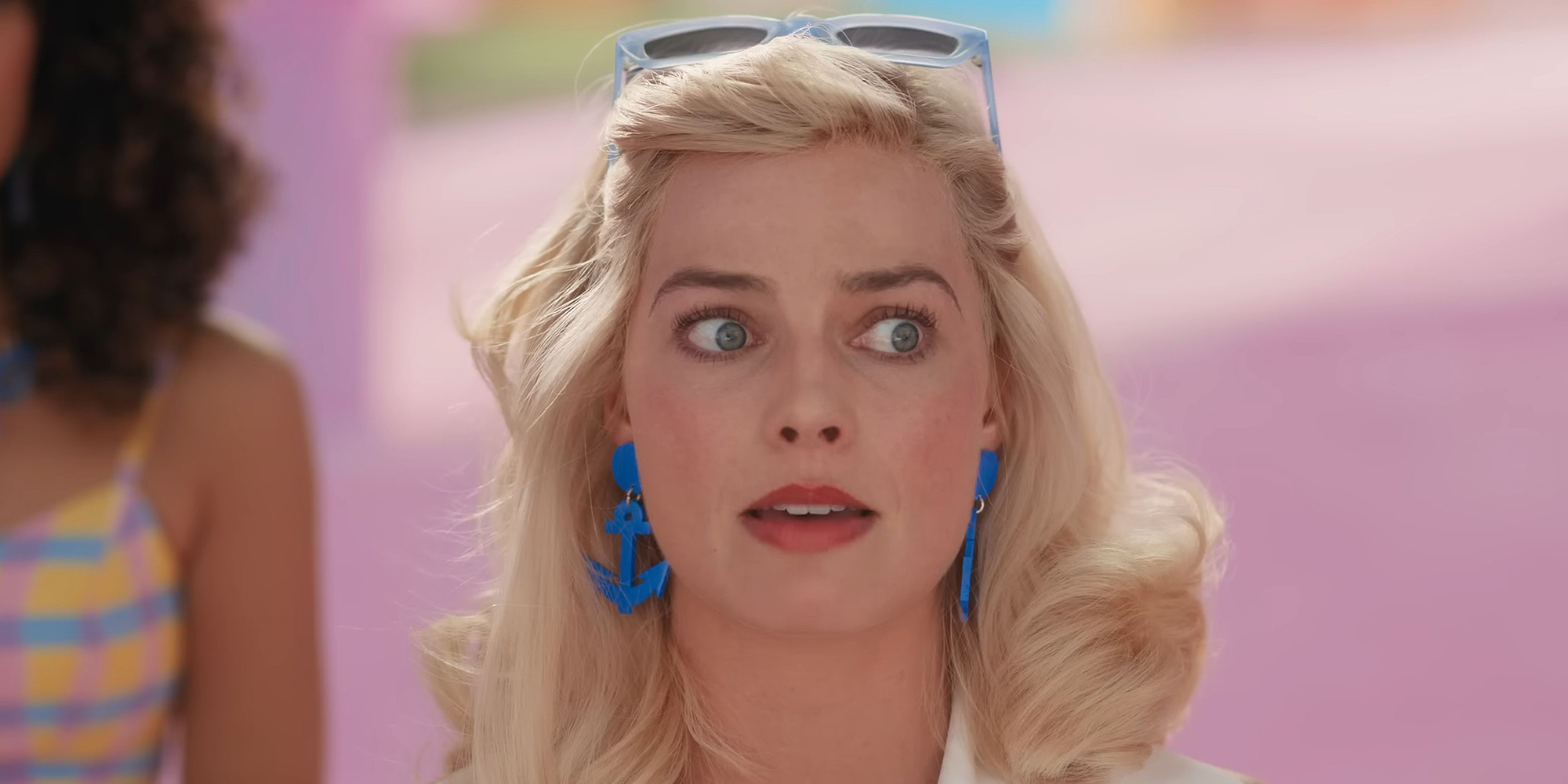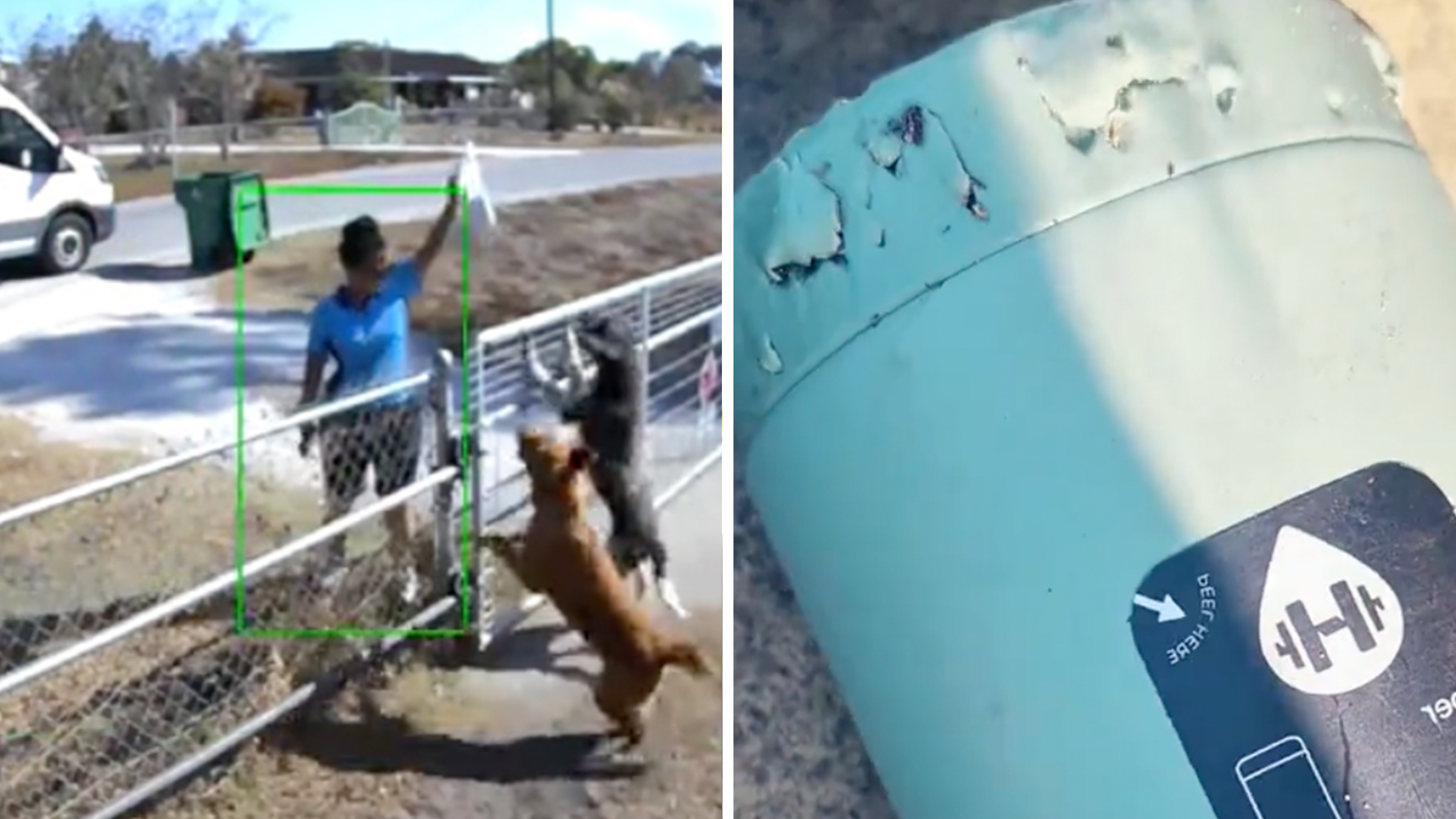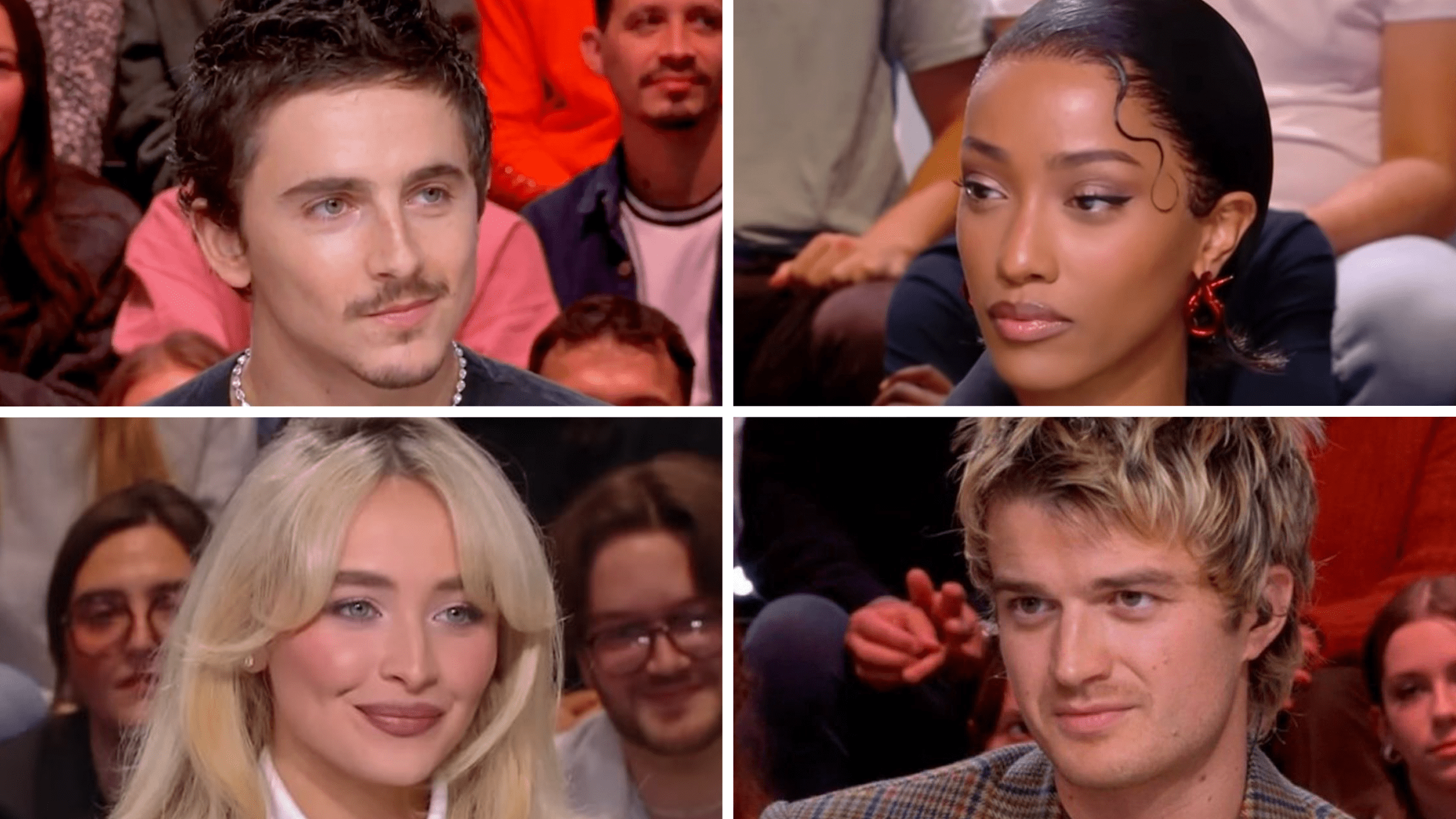Among the many moments that were a hit, Greta Gerwig's Barbie included one quip that many feel was a miss: A line about how Indigenous people were defenseless to smallpox brought by colonizers.
Indigenous people are expressing their distaste for the comment online.
Near the movie's climax, Ken, played by Ryan Gosling, has used the logic of the patriarchy to take over Barbieland. Gloria (America Ferrera) turns to Barbie (Margot Robbie) and compares the situation to how Native people living in North America lacked immunity to infectious diseases brought by colonists.
"Oh my god! This is like in the 1500s with the Indigenous people and smallpox," Ferrera says. "They had no defenses against it!"
While it's unclear if the comment was supposed to be a joke, many Indigenous users are pointing out the issues with the comment.
"Barbie’s comparison of patriarchy/women to smallpox & Indigenous ppl reeks of white feminism!" tweeted Emmy Scott, an Indigenous person. "This comparison not only erases Native women, but comparing structural oppression to outright genocide cheapens both."
Barbie’s comparison of patriarchy/women to smallpox & Indigenous ppl reeks of white feminism! Patriarchy & smallpox are both products of colonialism. However, this comparison not only erases Native women, but comparing structural oppression to outright genocide cheapens both.
— Emmy Scott (@EmmyNawjoopinga) July 25, 2023
Vincent Schilling, an Indigenous writer, shared a similar take in an article on Native Viewpoint, calling it an "awful unexpected record scratch of an unwanted reference, that ripped [him] out of the moment" when watching the movie.
"As an Indigenous man, I found the comment to be out of place," Schilling writes. "It’s inappropriate to compare the deaths of Indigenous people who contracted smallpox, to Barbies under the influence of Kens."
In an interview with the Daily Dot, Schilling said that if filmmakers are “striving to be inclusive,” they should do so from an informed perspective.
“To me, it seemed as if the filmmakers may have been holding up a checklist to the script, and in their desires to be inclusive, may have added this line in retrospect,” Schilling told the Daily Dot. “Unfortunately, and from my perspective, it felt shallow and approached without much in terms of how it might be received.”
In a viral thread on Twitter, Yuè Begay, an Indigenous and trans scholar, said that "the genocide endured by Indigenous and Native Peoples should never be made into jokes."
The Barbie movie made an Indigenous smallpox joke...?
— ?Asdzáá Tłʼéé honaaʼéí?BA, CertAIS?(She/Her)? (@asdza_tlehonaei) July 24, 2023
[Response from a Nádleehí and Diné Two Spirit Indigiqueer Trans Woman] pic.twitter.com/ns9JNneFiu
She goes on to say that jokes about smallpox and other anti-Indigenous and anti-Native jokes "are never funny and never will be," and asks Barbie writers Greta Gerwig and Noah Baumbach what made them think "genocide jokes were okay."
Begay also calls on the creators of Barbie to apologize to the Indigenous and Native communities and remove the comment from the film's streaming release.
Indigenous and Native people, including Begay, have likewise noted the lack of Indigenous representation in the film. In an article published yesterday on Native News Online, Neely Bardwell writes that despite Barbie's blockbuster opening weekend, "in Indian Country, the movie is leaving a different impression."
Bardwell calls out the "off-hand one-liner about the genocide of Native people" and the exclusion of Native and Indigenous people in Barbie, despite Mattel having released multiple Native Barbie dolls.
"While doing a successful job of portraying the general experience of women under patriarchy, the film fails to include the intricate and unique experience of Indigenous women within the patriarchy," Bardwell writes. "And under the colonized gaze of women and men alike."
Frances Danger, an Indigenous writer, also noted the film's depiction of Mount Rushmore replaced with Barbie heads and said the visual gag "desecrates Paha Sapa."
Paha Sapa, also known as the Black Hills, is the South Dakota mountain that Mount Rushmore was carved into and is considered to be sacred land to Native peoples.
"When the only Native representation in your movie is a smallpox 'joke' and a Barbie Mt Rushmore that desecrates the Paha Sapa," Danger tweeted. "Your movie is straight up Anti Indigenous."
Danger told the Daily Dot that when she first heard about the smallpox comment, “it was like a gut punch.”
“I was excited to see the movie,” Danger said. “To find out I was walking into an Anti Native space with almost no warning was horrible.”
And she said that seeing positive reviews from non-Native people about Barbie made things worse.
“Not a single word was said about the smallpox reference or Barbie Mt Rushmore. Their defense, by and large, was that they didn’t remember or somehow missed those parts. That’s some glaring privilege,” Danger told the Daily Dot. “It’s easy to say you’re an ally and share posts or [retweet] things but this is how Natives live their lives: indignities and dismissal.”
Update 4:55pm CT, July 27: This article has been updated with comments from Vincent Schilling and Frances Danger.







